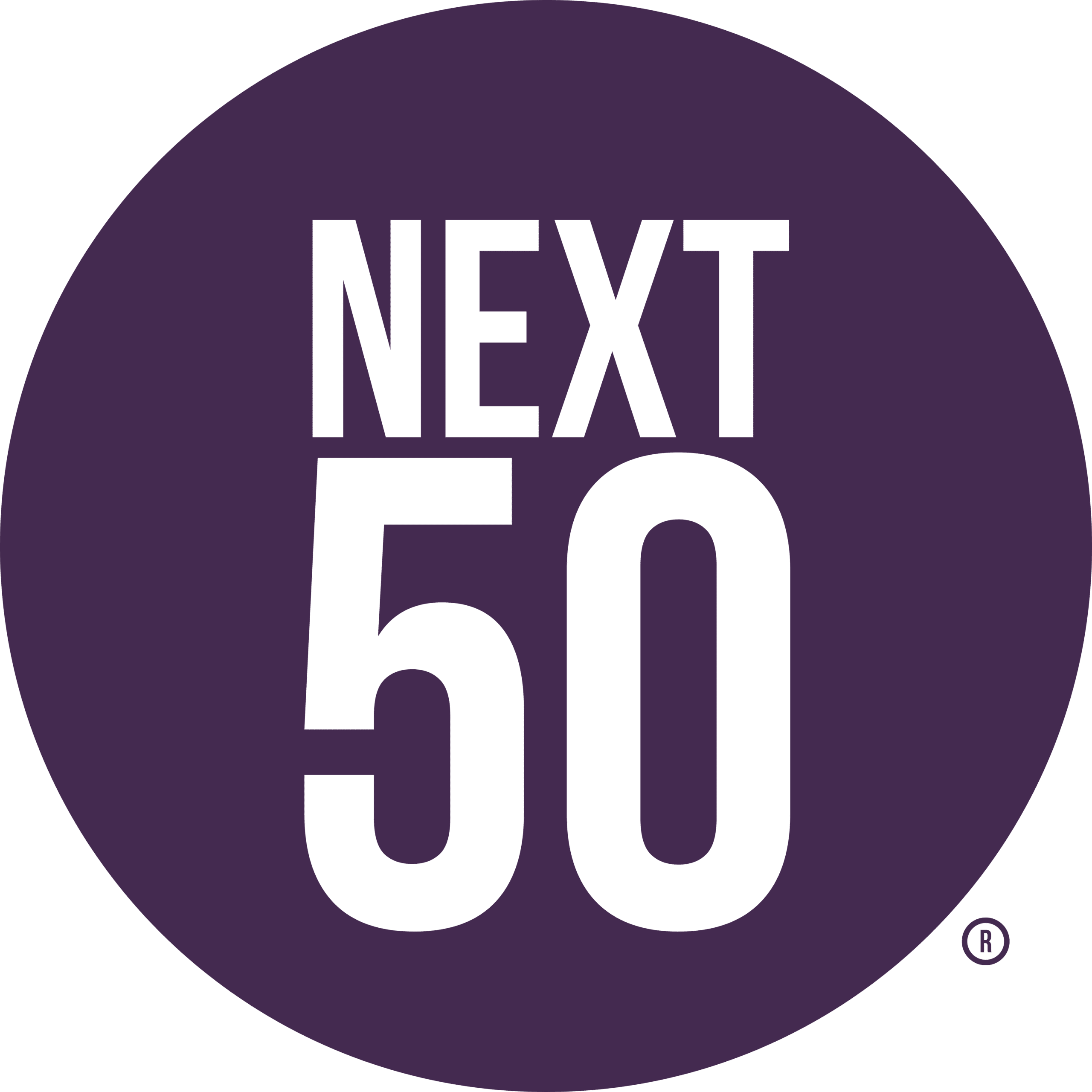
Para solicitantes de subvenciones
Catalizar programas equitativos, innovadores y colaborativos en Colorado y en todo el país
Aging in America

It is expensive to grow older in the United States. Why are roughly 30% of older adults economically insecure? Because our systems do not prioritize economic well-being as we age.
- Economic insecurity is higher among minority older adults. In fact, 43.4% of Black and 44.1% of Hispanic adults age 65+ have incomes below 200% of the federal poverty level.1
- Based on the Elder Index2, almost half of Americans aged 60 and older don’t have enough income to afford basic necessities. Rising debt burdens increase monthly expenses, which leaves even less income for housing and other essentials.3
- Older adults living with a disability have nearly triple the rate of food insecurity as their peers without a disability.4
- Many adults ages 50 and over, including 8.0% of women and 7.8% of men, report being behind on their rent or mortgage payments. Black women (15.9%) were three times more likely than white, non-Hispanic men (5.0%) and white, non-Hispanic women (5.5%) to be behind on their housing payments.5
- About 11.0% of LGBT adults and 7.7% of non-LGBT adults ages 50 and over report being behind on their housing payments.6
Sources: 1. NCOA, 2. Elder Index, 3. Next Avenue Another Year Older and Deeper in Debt, 4. NCOA Facts on Older Americans, 5. Economic Security and Health of Older Women of Color, 6. Economic Security and Health of Older Women of Color
Our Solution: Change aging with next50

Next50’s three priority areas seek to improve the economic well-being of marginalized older adults. That is why Next50 will:
• Partner with organizations that are making it less expensive to age
• Catalyze systems-level change
• Support innovative solutions
• Commit to equitable ideas that minimize disparities among older adults.
Understanding Our Priority Areas
To create economic opportunity, Next50 supports organizations focused on three priority areas.
The issue of economic well-being for older adults is multi-faceted. To create impactful changes to our systems in both the near- and long-term, this problem needs to be addressed from many angles. We have identified the following three priority areas through which we hope to affect change.
1. Acabar con la discriminación por edad
2. Avanzando en la equidad digital
3. Apoyando el envejecimiento en el lugar
All grant applications must demonstrate alignment with at least one of these priorities.
Acabar con la discriminación por edad
We want to live in a world where people are valued and respected as they age. To make this happen, we need to end age-related stereotypes, prejudice, and discrimination directed toward others and ourselves. We believe that this will eliminate societal barriers built from age-based bias, thus improving access to economic opportunity for older adults in both the short- & long-term. Here are some examples of the kinds of projects we seek to fund in this area:
- Increasing social awareness of ageism, such as efforts to include age diversity in media
- Creating an age-inclusive workforce, human resources or healthcare training
- Esfuerzos políticos y de promoción para la protección legal contra los prejuicios relacionados con la edad
Avanzando en la equidad digital
In the 21st century, technology is a basic need. It must become accessible and affordable for all older adults and the organizations that serve them. Creating equitable access to technology will expand and improve the economic well-being of many older adults. This will also impact the organizations serving these populations by enhancing their efficiency and responsiveness. Here are some examples of the kinds of projects we seek to fund in this area:
- Efforts that increase access to technology and broadband, especially in low-income and rural communities
- Novel programs and ideas that promote age-inclusive design and aging in place technologies
- Policy and advocacy efforts to increase affordable Internet access
- Equitable and innovative digital education programs that facilitate access to financial or workforce resources
- Digital fraud and scam prevention
Apoyando el envejecimiento en el lugar
As our country ages, we want older adults to have the resources, economic freedom, and peace of mind to live where they feel most comfortable – whether at home or in their community. Here are some examples of the kinds of projects we seek to fund in this area:
- Programas de vivienda asequible o prevención de la falta de vivienda
- Creative and novel solutions for in-home services that provide more affordable alternatives to institutional living
- Apoyo y servicios del cuidador o personal de atención directa
- Acceso a asistencia de beneficios públicos, incluidos programas de educación financiera.
- Programs that address debt among older adults
We believe that these priority areas can come together to create the ultimate change we hope to see: making aging more affordable in this country.

our equity focus and mission-aligned populations

Next50 supports organizations that align with our mission and core values.
At Next50, equity is a key part of our mission and our valores fundamentales. We are proud to incorporate justice, equity, diversity, and inclusion principles into all aspects of our work. That is why all grant applications must demonstrate alignment with our mission and core values.
Our mission mandates that we direct grant funding toward low- and moderate-income older adults, including those from historically marginalized and geographically underserved communities. To do this, we have identified the following mission-aligned populations:
Negro o afroamericano
Middle Eastern or North African
American Indian or Native Alaskan
Nativo de Hawai u otra isla del Pacífico
asiático
hispano o latino
LGBTQ+
De bajos ingresos
Immigrant/Refugee
Unhoused
People with Disabilities
Incarcerated/Formerly Incarcerated
Rural
Frontera
Veteran
Who can apply?
COR
Colorado Organizational Resiliency funding is open to: Colorado-based nonprofits organized under section 501(c)(3), 501(c)(4), or 501(c)(6) of the IRS code that are in good standing in Colorado and serving marginalized older adults. Government entities and universities are not eligible for COR grants.
Changing aging
Cambiando el envejecimiento funding is open to: US-based nonprofit entities organized under sections 501(c)(3), 501(c)(4), and 501(c)(6) of the IRS code that are in good standing and serving marginalized older adults. Government entities and universities are also eligible for funding.
SUN
Necesidad repentina y urgente funding is open to: Colorado-based nonprofits organized under section 501(c)(3) of the IRS code that are in good standing in Colorado and serving marginalized older adults. Organizational budget must be $1 million or less. Government entities and universities are not eligible for SUN grants.
Which grant opportunity may be right for your organization?
| Criteria | Resiliencia organizacional de Colorado (COR) | Cambiando el envejecimiento | Sudden & Urgent Need (SUN) |
|---|---|---|---|
| Making aging more affordable | The organization or program must be working toward making aging more affordable. | The proposed grant must be working toward making aging more affordable. | The organization or program must be working toward making aging more affordable. |
| Next50 priority areas | The organization or program must be doing work in support of one or more of Next50’s priority areas. | The proposed grant must directly align with one or more of Next50’s priority areas. | The organization or program must be doing work in support of one or more of Next50’s priority areas. |
| Connection to Marginalized Older Adults | The organization or program must connect to and work with one or more of Next50’s mission-aligned populations. | The organization or program must connect to and work with one or more of Next50’s priority populations. In addition, the proposed grant must focus on, prioritize, and directly impact one or more of Next50’s mission-aligned populations. | The organization or program must connect to and work with one or more of Next50’s mission-aligned populations. |
| Innovation | The organization or program is making a change or improvement to its work or processes that will allow it to be more effective, equitable, efficient, or sustainable. Funding must be used to improve the organization’s capacity or resiliency, not just maintain the status quo. | For the purposes of this grant opportunity, examples of innovation include: -Novel projects that create improved, equitable solutions to reduce the economic opportunity and well-being disparities between marginalized older adults and their peers. -Improvements to an existing program that will allow the program to be more effective or efficient in improving the economic well-being of older adults, or solutions that will allow these programs to scale or to improve long-term sustainability. For existing programs, funding must be used to make a lasting improvement to the program, not maintain the status quo. -Transformative ideas that seek to change the landscape of economic wellbeing for older adults, but need funding to research, pilot, or prove their concept. -Successful ideas or programs supporting economic well-being for older adults that are seeking funding to replicate or expand into new communities. | Not required. |
| Impact on Organizational Resiliency | The proposed grant must improve the organization’s resiliency and/or capacity. Funding should restore or increase resiliency/capacity, not maintain the status quo. | Not required. | The proposed grant must address an urgent issue threatening the organization’s or program’s resiliency or capacity. |
| Partnership | Not required. | MOU’s or Letters of Commitment will be requested during the application process. | Not required. |
| Multi-year funding option (not a factor for award decision making) | Yes. Up to 2 years. Multi-year will only be awarded when it is clear that the second year will build upon the initiatives of the first. Limited funds are available for multi-year requests. | Yes. Up to 3 years. Multi-year will only be awarded when it is clear that subsequent year(s) will build upon the initiatives of the last. Limited funds are available for multi-year requests. | No. |
Think your organization might be a candidate for funding?
• 2025 funding is available by invitation only.
• All interested organizations are invited to schedule a call with a Next50 Community Impact Manager to discuss our opportunities.
• Fill out the form below to request a meeting with a Community Impact Manager.
Schedule a Meeting
Interested in talking with a Next50 staff member? Complete this form to request a meeting. Once we have processed your request we will send you an email. We typically respond to requests within three business days. Please note: This form is exclusively for legitimate meeting requests. Unsolicited sales pitches, business solicitations, or marketing communications are strictly prohibited. Submissions containing such content will be immediately disregarded.

